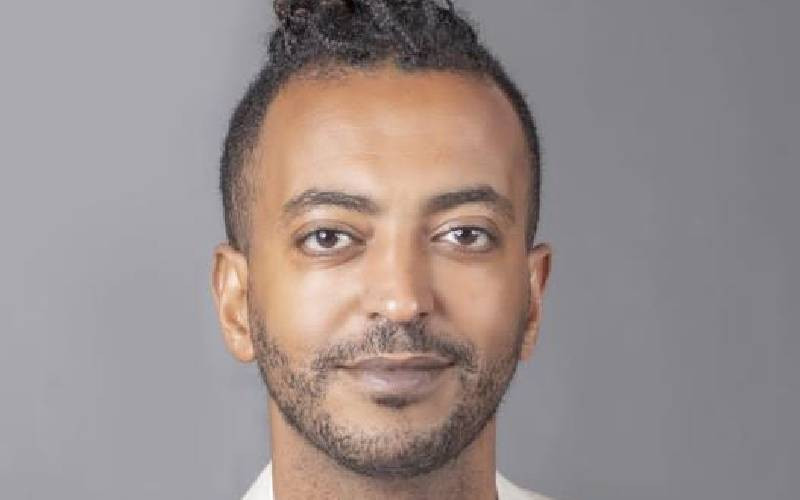
Audio By Vocalize

Pangea Accelerator is an investment platform that provides startups and small and medium enterprises (SMEs) with funding and operational opportunities. It does this through climate tech finance, given as equity investments and also connects startups to investors.
Enterprise had a chat Pangea Accelerator Chief Executive Jonas Tesfu, who shared the strides made since 2018, when the firm started operations in Kenya; his thoughts on why climate-based finance is not 'sexy' among startups and SMEs and why this is the space for entrepreneurs seeking funding.
